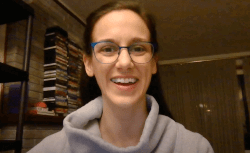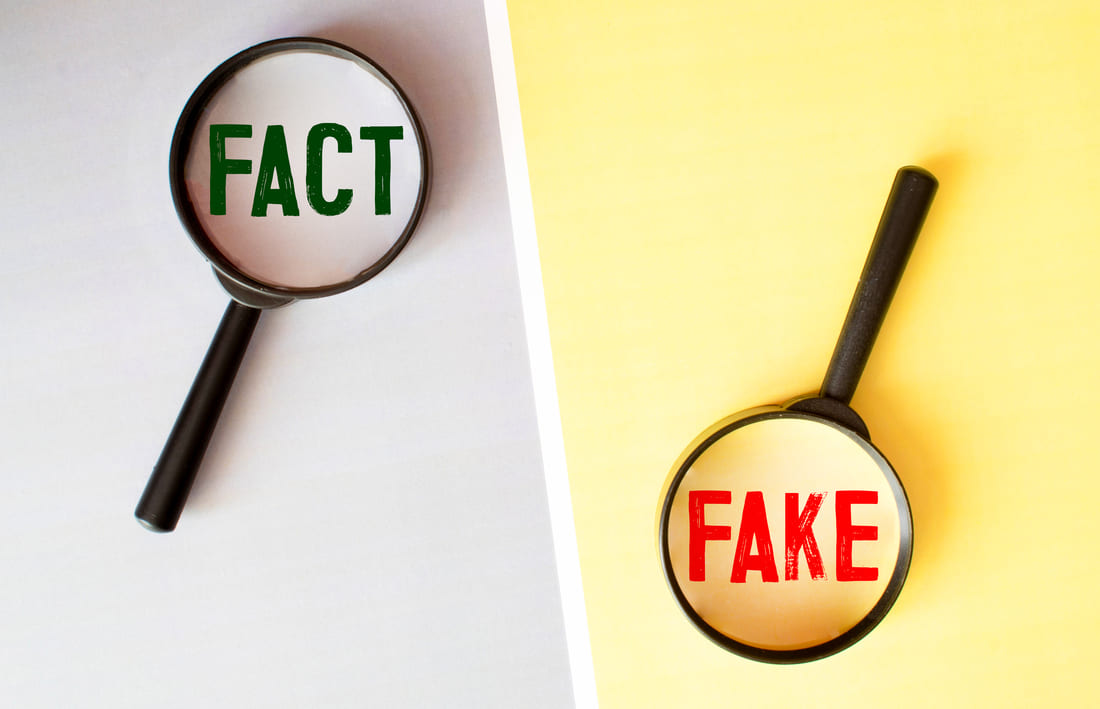1. What do you think about UNESCO’s findings? Do you think that a lot of influencers in your country do not fact-check what they post?
유네스코의 조사 결과에 대해 어떻게 생각하시나요? 여러분의 나라에서 많은 인플루언서들이 자신이 게시하는 내용을 팩트체크를 하지 않는다고 생각하시나요?
2. Where do you usually get your news from? Do you ever get your news from content creators or influencers?
주로 어디에서 뉴스를 접하나요? 콘텐츠 크리에이터나 인플루언서로부터 뉴스를 접하는 경우가 있나요?
3. Do you think that influencers should be held accountable if they post false or misleading information online?
인플루언서가 온라인에 허위 또는 오해의 소지가 있는 정보를 게시할 경우 책임을 져야 한다고 생각하시나요?
4. Is disinformation a serious issue in your country? Why or why not?
귀하의 국가에서 허위 정보가 심각한 문제인가요? 왜 또는 왜 그렇지 않나요?
5. How do you usually determine if what you are reading online is true or not? Do you usually fact-check what you see online?
온라인에서 읽고 있는 내용이 사실인지 아닌지를 보통 어떻게 판단하나요? 보통 온라인에서 보는 내용을 팩트 체크를 하나요?
6. How important is digital media literacy, in your opinion?
디지털 미디어 리터러시가 얼마나 중요하다고 생각하시나요?
7. Have you ever believed something before and then found out that it is not true? What was it?
이전에 무언가를 믿었다가 그것이 사실이 아니라는 사실을 알게 된 적이 있나요? 그게 뭐였나요?
8. Do you follow many influencers on social media? Which ones do you follow and why?
소셜 미디어에서 많은 인플루언서를 팔로우하시나요? 어떤 인플루언서를 팔로우하고 그 이유는 무엇인가요?
9. What do you think can be done to limit the spread of disinformation?
허위 정보의 확산을 제한하기 위해 무엇을 할 수 있다고 생각하시나요?






꼭 영어로 작성하지 않아도 되어요!
아래 세 가지 방식 모두 가능해요.
· I feel lucky because I had a really nice dream!
· I feel 행운 because I had 정말 좋은 꿈!
· 정말 좋은 꿈을 꿔서 오늘은 운이 좋을 것 같아!